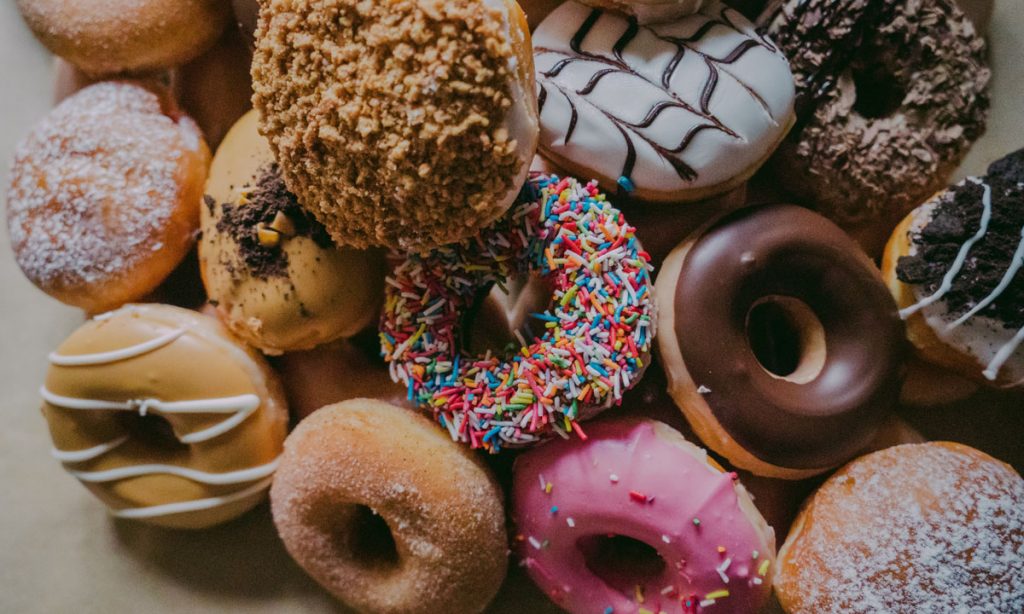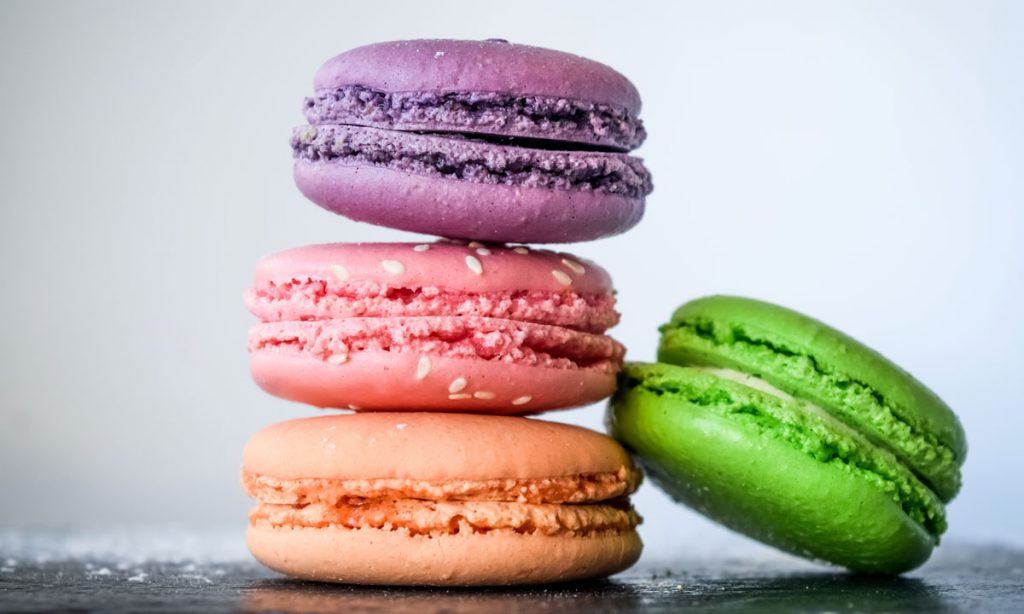CBD is starting to gain respect as an option for those looking at appetite suppression and may offer benefits that can lead to weight management.
According to The Institute for Health Metrics and Evaluation (IHME), 160 million Americans are overweight, including 30% of children under the age of 20. The Week found that the average American adult weighed 15 more pounds than two decades ago, and researchers have been studying American’s obesity epidemic at a rising rate. But can food addiction be tackled with marijuana?
How did we get here?
The National Institutes of Health was correlating restriction with obesity over a decade ago, finding:
“(Animals) given intermittent access to sugary food ate less of their normal food when the sweet food wasn’t available, and they overate the sweet food when it was available again. The scientists hypothesized that the brain’s stress system might be behind the behavior.”
The Boston University team tested drugs that block signaling for stress, showcasing the power of food addiction. A partner of the study, Dr. Eric Zorrilla at the Scripps Research Institute explained that stress often leads to overeating. “Our findings suggest that intermittently eating sweet food changes the brain’s stress system so that you might feel stressed…In other words, you might be self-medicating stress-like symptoms of abstinence with that piece of pie.”
And are Americans stressed? Absolutely. The American Psychological Association found that stress levels were rising due to political and economical tensions. The Association reports that “nearly half of Americans” (45%) are lying awake at night in the past month due to stressful thoughts. And more surprising, the survey found that stress was growing amongst individuals of almost every class.
“The survey revealed a significant increase in the percentage of Americans who had experienced at least one symptom of stress in the past month, from 71 percent in 2016 to 75 percent in 2017. Of the symptoms reported, around one-third of adults reported experiencing feeling nervous or anxious (36 percent), irritability or anger (35 percent), and fatigue (34 percent) due to their stress.”

With stress-eating causing one facet of the overeating epidemic, more Americans are at risk of the damaging effects caused by what they put in their bodies. However, a recent study found damning evidence that the very food Americans are eating also has a hand in deteriorating their health. A 2019 study featured in Cell Metabolism found:
“Increased availability and consumption of ultra-processed foods have been associated with rising obesity prevalence, but scientists have not yet demonstrated that ultra-processed food causes obesity or adverse health outcomes. Researchers at the NIH investigated whether people ate more calories when exposed to a diet composed of ultra-processed foods compared with a diet composed of unprocessed foods. Despite the ultra-processed and unprocessed diets being matched for daily presented calories, sugar, fat, fiber, and macronutrients, people consumed more calories when exposed to the ultra-processed diet as compared to the unprocessed diet. Furthermore, people gained weight on the ultra-processed diet and lost weight on the unprocessed diet. Limiting consumption of ultra-processed food may be an effective strategy for obesity prevention and treatment.”
RELATED: Why You Should Incorporate Marijuana When Combating Obesity
In simple terms, diets with more ultra-processed food (high-sodium meats, high-fat milk) was correlated with weight gain, while those who ate unprocessed food (whole fruits, skim milk) tended to lose weight in the study.
While medications, lifestyle, and other important elements play a role in weight gain that leads to over-eating, research is showcasing Americans are at a higher-risk for weight-related health effects, such as heart disease, stroke and mortality.

The role of cannabis in weight management
Cannabinoids and their receptors (CB1 and CB2) are a part of each human body. Found in the brain and central nervous system, cannabinoid receptors have been studied wildly for the role they play in pain, irritability, and overall health. Interestingly, studies have found that individuals that are overweight tend to have more CB1 receptors in fatty tissue. Researchers and scientists have been looking into the link between CB1 receptors and obesity for decades.
In people with obesity, however, CB1 receptors become more widespread, especially in fatty tissue. Because of this, researchers believe that there may be a link between the activation of the CB1 receptors and obesity. A study in 2004 found that mice given a diet similar to what would be found in the wild with simulation of CB1 receptors led to mice being leaner, while a higher-fat diet led to increased obesity. Interestingly, they found that diet-induced obesity and stimulation of CB1 receptors went hand-in-hand, almost like cannabis intake leads to the “munchies.”
RELATED: Federal Study Aims To Learn More About Marijuana And Weight Loss
CBD and THC alert the body to activate or block certain CB1 or CB2 receptors. While THC can lead to overeating while being high, it has other effects for those trying to gain an appetite back after surgery or long-term illness as the drug can trigger feelings of hunger. The Society for the Study of Ingestive Behavior found that partaking in cannabis caused individuals to crave food more frequently and in smaller amounts, albeit with a delay.
Scientists coined the term “micro-dosing” after realizing that certain drugs could have an effect on mood, appetite, and more. An October 2019 study looked into the effect of micro-dosing as it pertained to CB1 receptors in certain individuals. It further studied the understanding of genetics and CB receptors to see how cannabis could play a role in issues like obesity and anxiety.

Interestingly, CBD has been linked to appetite suppression. While THC ignites CB1 receptors in many cases, CBD can help calm the appetite, controlling obesity by blocking the receptor. Research around CBD and the body has also found that CBD plays a role in how the body stores and converts fat. In 2016, researchers found fats are stored and converted differently when CBD is introduced to the body. CBD has also been shown to increase cell changes (from white to brown cells,) helping to burn fat.
A September 2018 study, published in the International Journal of Molecular Science, explained that the “Browning” process could lead the way for other research on CBD-related weight loss. The study also cited that Orlistat, a medication given to children who experience obesity had side effects like “vitamin deficiency, pancreatitis, nephrotoxicity and hepatotoxicity,” creating a risk in treating obesity. CBD has none of those risks.
While new studies are being conducted yearly, CBD is starting to gain respect as an option for those looking at appetite suppression and may offer benefits that can lead to weight management. As with any introduction of a new drug or treatment, its important care teams are involved, especially when CBD or THC is introduced to other medications. Whether CBD or THC could play a role in eliminating America’s obesity epidemic is still being uncovered. However, so much more research is needed.


